
Hipster
Earliest Known Usage:
1940
Example:
In other words, the hipster is a spectacular instance of the flight from emotion.
—Herbert Gold, The Age of Happy Problems, 1962
About the Word:
The word hipster—meaning "a person who is unusually aware of and interested in new and unconventional patterns (as in jazz or fashion)"—has been in use for considerably longer than most of our current fashions. It can be found in this sense as far back as the late 1930s, and had brief periods of use before that referring to a dancer or to someone who used a hip flask.
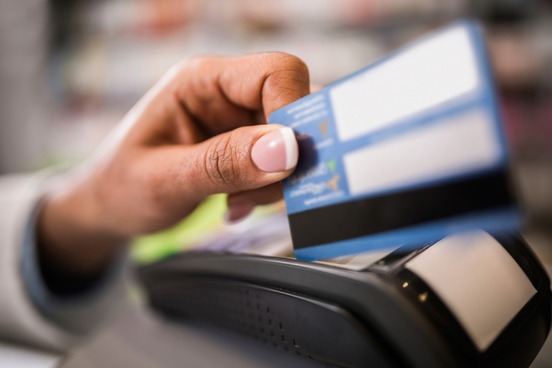
Credit Card
Earliest Known Usage:
1888
Example:
This new-style credit is used to furnish 1,666 homes a day. Your credit card will come with your catalog.
—advertisement, Popular Mechanics, 1914
About the Word:
Credit card use began in the United States in the 1920s, with specific companies issuing cards that could be used at their establishments. But the term credit card existed before that, showing evidence as far back as the 1880s.
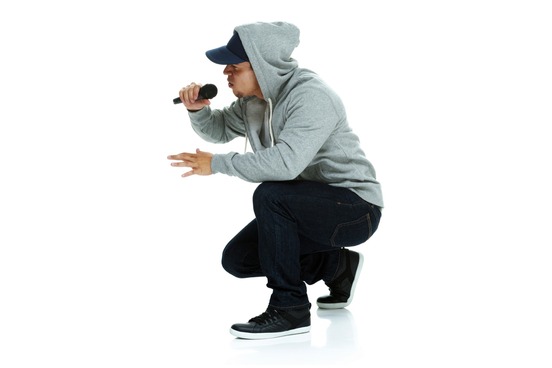
Rap
Earliest Known Usage:
1787
Example:
I shall be most glad of my Lords arrival if it were only for the raps you promise me.
—Joseph Ritson, Letters to Rowntree, 1787
About the Word:
Rap is a word with a wide variety of meanings. There is no doubt that the word began to be used to describe a musical form originating in African-American communities in the late 1970s, and it was also in colloquial use to refer to a pitch or spiel (as in "he's got a good rap") in the 1950s. But rap has also been in use since 1787 (possibly as a shortened alteration of the word repartee) to refer simply to conversation or talk.
Photo credit: thecomeupshow / flickr
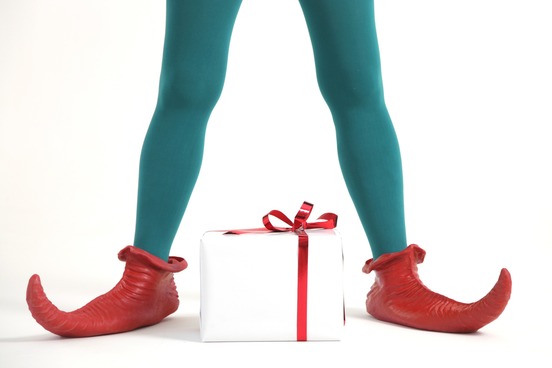
Ginormous
Earliest Known Usage:
1942
Example:
"Hey! Have you seen these toilets? They're ginormous!"
—spoken by Will Ferrell (as Buddy), Elf, 2003 film
About the Word:
Ginormous, a humorous blend of gigantic and enormous, owes much of its recent popularity to its appearance in the 2003 movie Elf, where it is enthusiastically uttered by actor Will Ferrell. However, when Merriam-Webster added it to the Collegiate Dictionary in 2007, editors made note of the fact that it could then be found at least as far back as 1948, when it was recorded in a dictionary of military slang. Recent research has found the word used in British newspapers as early as 1942
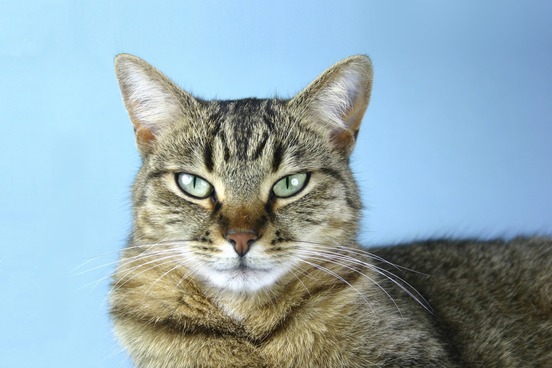
Irregardless
Earliest Known Usage:
1795
Example:
But death, irregardless of tenderest ties, Resolv'd the good Betty, at length, to bereave
—Anonymous, "The Old Woman and her Tabby," Charleston (South Carolina) City Gazette, 1795, June 23
About the Word:
We tend to think of irregardless as a recent coinage. Some might even claim it's a sign of the modern decline of both manners and language (it's not). But the earliest evidence of the word's use that we've found is from 1795, when George Washington was still president. It was used in a poem printed in the Charleston City Gazette, titled "The Old Woman and her Tabby," and can also be found in consistent use throughout the entire 19th century.
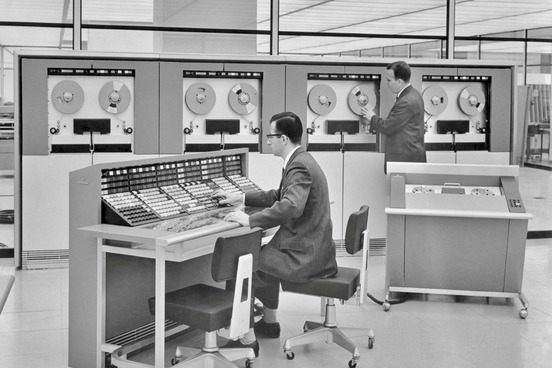
Online
Earliest Known Usage:
1950
Example:
The question of whether on-line or off-line operation is more suitable can be determined only by applying the speed requirements to those physical components which are available.
—W. W. Stifler, Jr. (ed.), High-Speed Computing Devices, 1950
About the Word:
Many of us assume that the state of information technology in the early 1950s was essentially nonexistent. But the seeds of the modern Internet Age were already sown, as evidenced by the fact that the first recorded use of the word online ("connected to, served by, or available through a system and especially a computer or telecommunications system") dates to 1950.
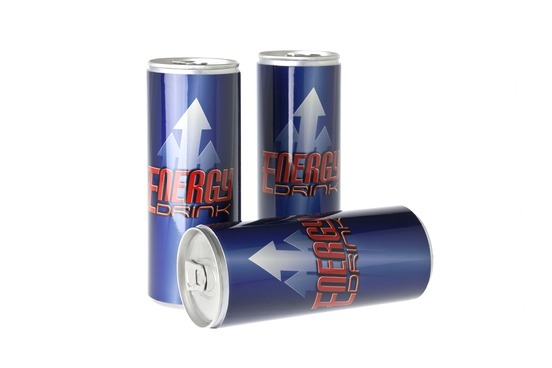
Energy Drink
Earliest Known Usage:
1904
Example:
Stock up with Yoo-Hoo! Either regular Yoo-Hoo CHOCOLATE ENERGY DRINK or SUGAR-FREE YOO-HOO!
—advertisement, Fitchburg (Massachusetts) Sentinel, 1968
About the Word:
Energy drinks, those elixirs that are purported to restore our vim and vigor, are not a terribly new invention; they have been making outlandish claims for over a century now. In 1904, Vimalt (which was described by its makers as "the great health tonic") was advertised as "an energy drink" in newspapers, with the claim that "it makes muscle, energy, nerve, and drive."
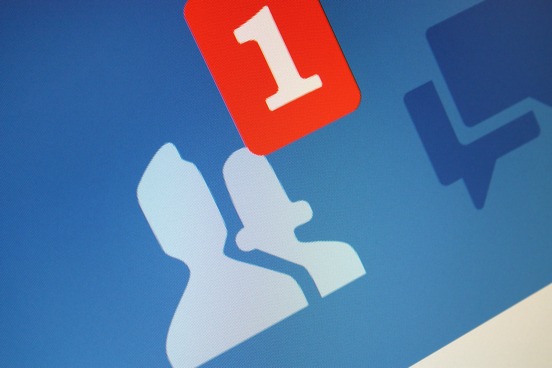
Friend
Earliest Known Usage:
13th century, as a verb
Example:
When vice makes mercy, mercy's so extended, that for the fault's love is the offender friended.
—William Shakespeare, Measure for Measure, 1623
About the Word:
Friend as a verb has attracted considerable attention in recent years because of its role in social media, where it means "to include (someone) in a list of designated friends on a social service." Its use as a verb is widely viewed as a modern phenomenon, but friend has occupied this part of speech (in the sense "to act as the friend of") for almost 800 years now.
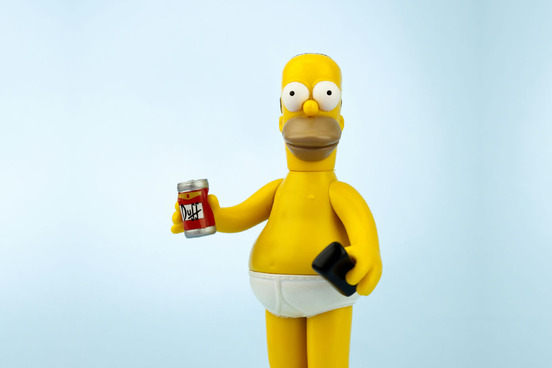
D'oh
Earliest Known Usage:
1945
Example:
Simpson cognoscenti have been exclaiming 'd'oh!' for years, but the multipurpose expletive has begun to work its way into common parlance...
—Elinor Brecher, Milwaukee Journal Sentinel, 1997
About the Word:
Although d'oh has been popularized (some would say immortalized) by Homer Simpson's repeated use of the interjection to respond to any one of numerous indignities or injuries, the word predates the television show on which it appears by several decades. The Oxford English Dictionary provides evidence of the word's use from a BBC radio script from 1945. And since interjections occur in spoken form before they are written down, it is likely that d'oh! was in use for some while before that.
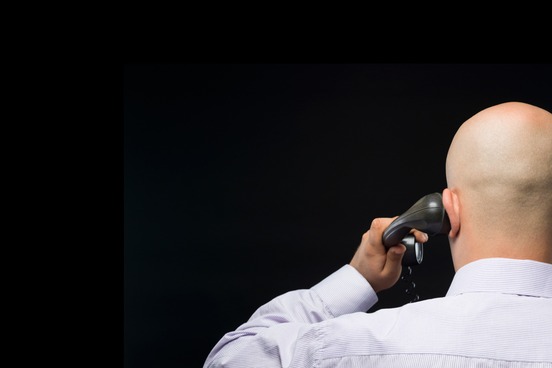
Wiretap
Earliest Known Usage:
1907
Example:
Didn't we use to work the Frisco beaches together? And follow the ponies up and down the East Coast? And wiretap ... and do every breed of crooked work a guy could grift on?
—Arthur Stringer, Saturday Evening Post, February 8, 1913
About the Word:
For almost as long as we have had the means of having conversations through electrical signals we have had people who would like to eavesdrop on those conversations. The noun wiretap has been in use since 1907, in the early days of the telephone. The form wire-tapping has been in use since the 1870s, when it was used to describe the practice of illicitly recording telegraph messages.

Ghosting
Earliest Known Usage:
1919
Example:
This is unlike analog broadcasting today, where signals sometimes degrade, resulting in ghosting or snow on your screen, especially in areas where your analog set is very distant from the transmitter.
—Tobey Grumet, Popular Mechanics, November 1997
About the Word:
The earliest known use of ghosting was for the television screen sense, and it is still used today, but there is also a less common sense that was used to mean "ghost writing." The most modern sense is the one for abruptly cutting off all contact with someone (such as a former romantic partner) usually without explanation. All three uses have to do with acting or appearing, in one way or another, like a ghost.
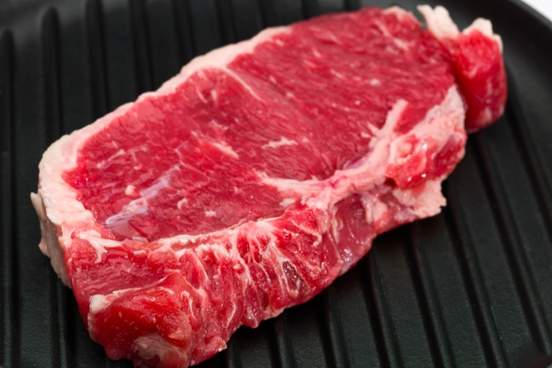
Ketogenic Diet
Earliest Known Usage:
1920
Example:
In 1921 a ketogenic diet was introduced as treatment for petit mal seizures -- a less severe type that involves loss of consciousness but not convulsions. But it required that 80 percent of all calories come from fat.
—Leigh Fenly, The San Diego Union-Tribune, November 27, 1984
About the Word:
The ketogenic diet or keto diet, began to gain popularity in the 1990's, but it was developed much earlier. Originally, the low-carb diet was developed to help prevent seizures, but later it was promoted as a way to lose weight while eating as much fat and protein as you want.
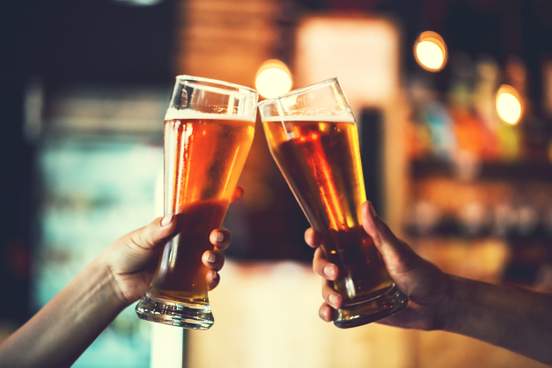
Beer and Skittles
Earliest Known Usage:
1855
Example:
The run from St. John's to Halifax was unmarked by anything in particular. Fog was experienced the whole way. " Life on board the torpedo boats, according to those who came over in them, is decidedly not all beer and skittles.
—New York Times, 1890
About the Word:
The first commercially made Skittles (that popular rainbow confection) came out in 1974. So then what is the "skittles" in "beer and skittles"? This "skittles" refers to a game of English ninepins played with a wooden disk or ball. The beer part makes a lot more sense now. Something described as "beer and skittles" can be said to be a situation of agreeable ease. Like drinking beer and playing skittles.





